Through the years, we have witnessed numerous college student-athletes found guilty for accepting benefits from boosters and sporting agents. Even though the NCAA frowns upon such actions, these athletes continue to break the regulations set. Once they are caught, the NCAA investigates the case and the student-athlete must face the consequence handed to them.
O.J. Mayo, guard for the Memphis Grizzles, was found guilty of accepting compensation for his play at USC in 2007. The result: The NCAA forfeited the games played during Mayo’s tenure at USC. New Orleans Saints’ running back Reggie Bush also accepted benefits in 2005 while playing with USC. The result: The NCAA gave the Trojans four years’ probation, a two-year bowl ban and a reduction in football scholarships. It also stripped Bush of his Heisman Trophy. Josh Selby, freshman guard at Kansas, was found tak- ing benefits from a business manager of Carmelo Anthony’s and receiving over $5,000 in improper benefits before signing with Kansas. The result: Selby was ruled to sit out nine games.
But the most recent allegations came from Auburn star quarterback Cam Newton when his father supposedly devised a payment plan for his son’s attendance and play at Mississippi State and Florida. Cecil Newton was claimed to have asked Mississippi State and Florida to bid on his son with the highest bidder receiving Newton’s services. In the end, these allegations weren’t true.
Ironically, this is exactly what I am talking about.
Allegations of student-athletes accepting money from boosters, organizations and other outlets are heard almost every season. Sometimes, these allegations are true and that athlete is scrutinized because of his actions or the athlete is innocent of the crime and continues on with the rest of his season. However, for the athletes who broke the regulation of not accepting benefits as a student-athlete that the NCAA stresses not to do, is it solely the athlete’s decision or was the decision made by the selfish, money-hungry parents?
Parents making a profit off their child’s athletic ability is wrong. Granted some athletes know what transpires when they accept benefits, however, the par- ent should not allow personal desires to destroy their child’s eligibility. Like the story that surrounded Newton and his father. I’m sure there are parents who do the same thing Newton’s father supposedly did. They ask how much money do we get, instead of how will my son or daughter benefit or fit in if he or she attends the program. I’m especially disappointed in the parents who have children who are advanced in their athletic ability and who would without a doubt enter and play in the pros.
Parents, are you that selfish? That impatient? That greedy?
I think the NCAA should crack down and punish not only the athlete but the parent as well. When the athlete is suspended, the parents should be suspended too. After the athlete serves his suspension and is ready to continue playing his sport, the parents’ suspension should start. They should not be allowed at any of their child’s games for a certain number of games, just like Tennessee men’s basketball coach, Bruce Pearl, who was suspended for breaking recruiting regulations and is currently sitting out eight conference games that his team is playing.
I know this method of punishment is harsh on both athletes and parents, but we must draw the line when parents make the decision in accepting compen-sation for their child’s gifted abilities. martis@thekirkwoodcall.com



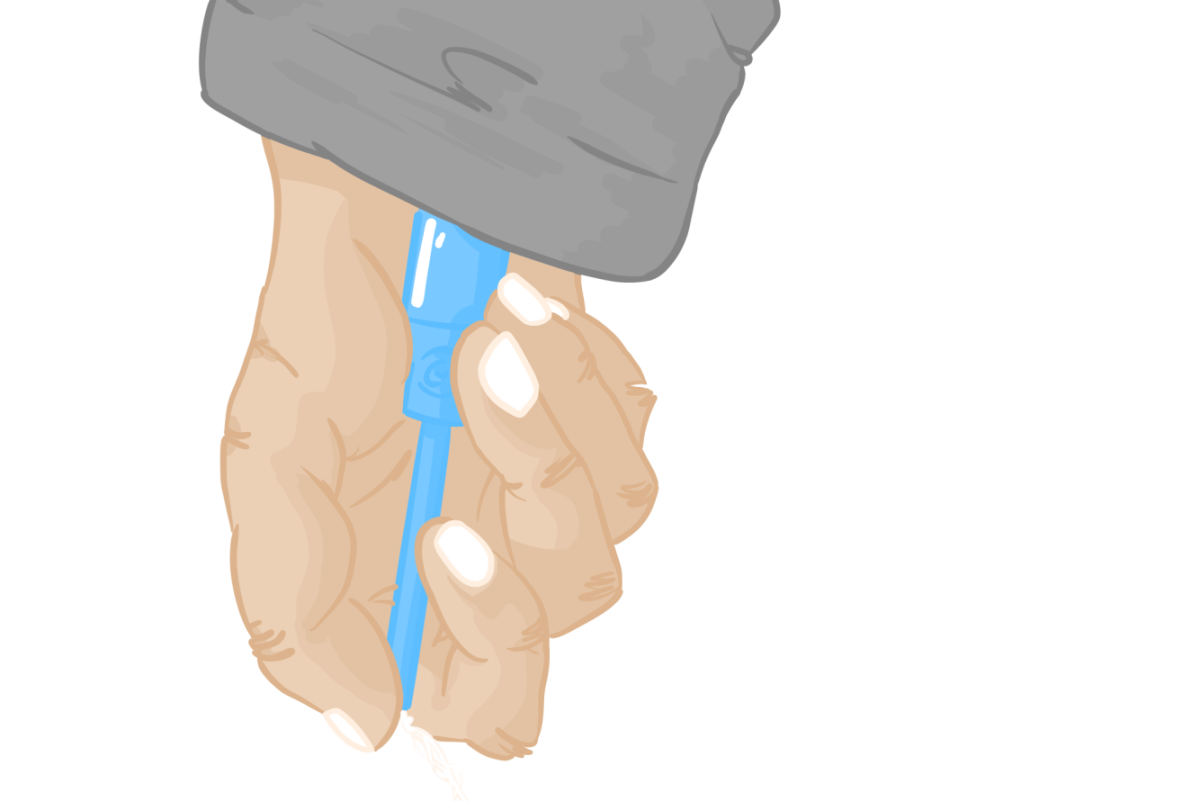



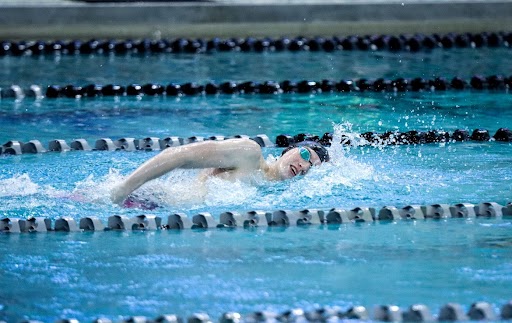
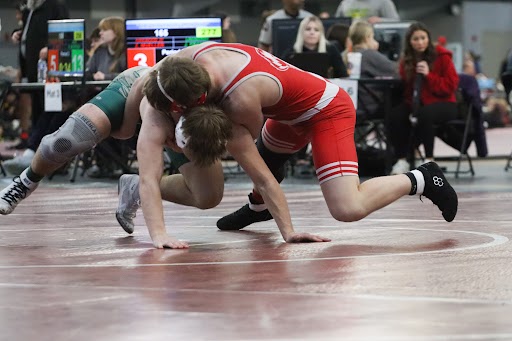
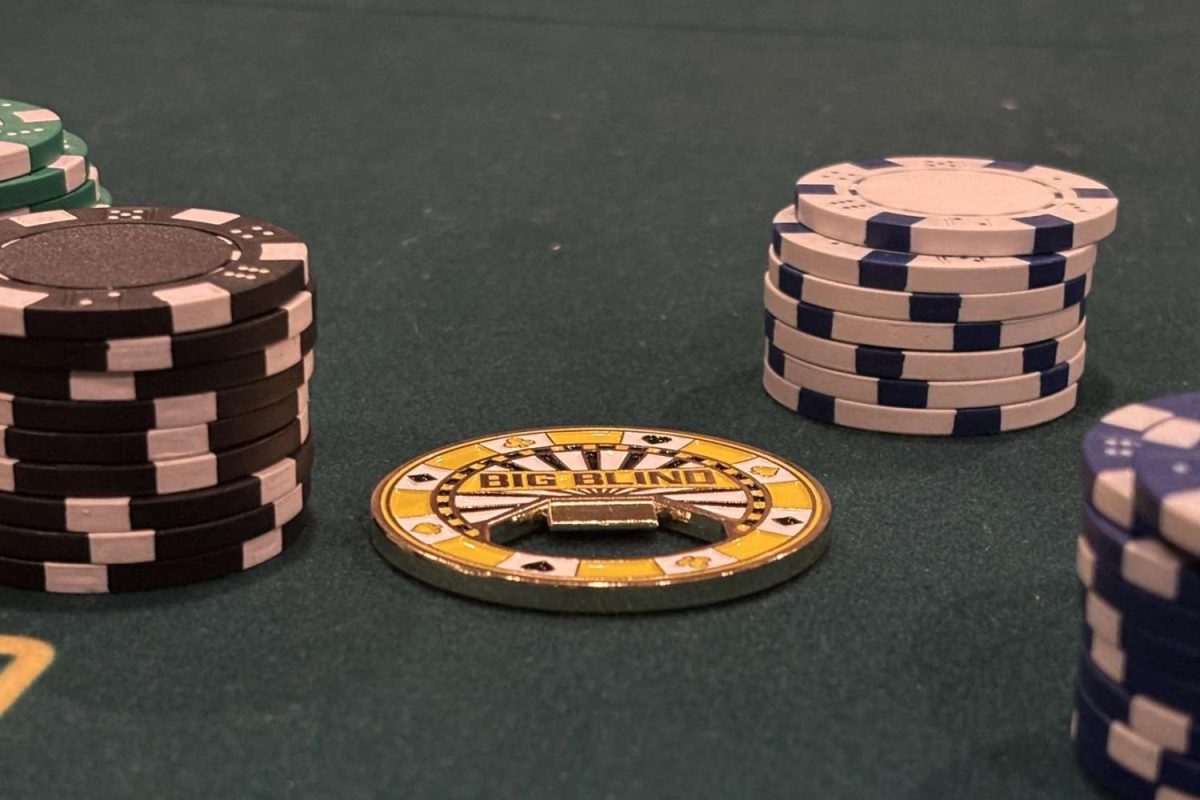
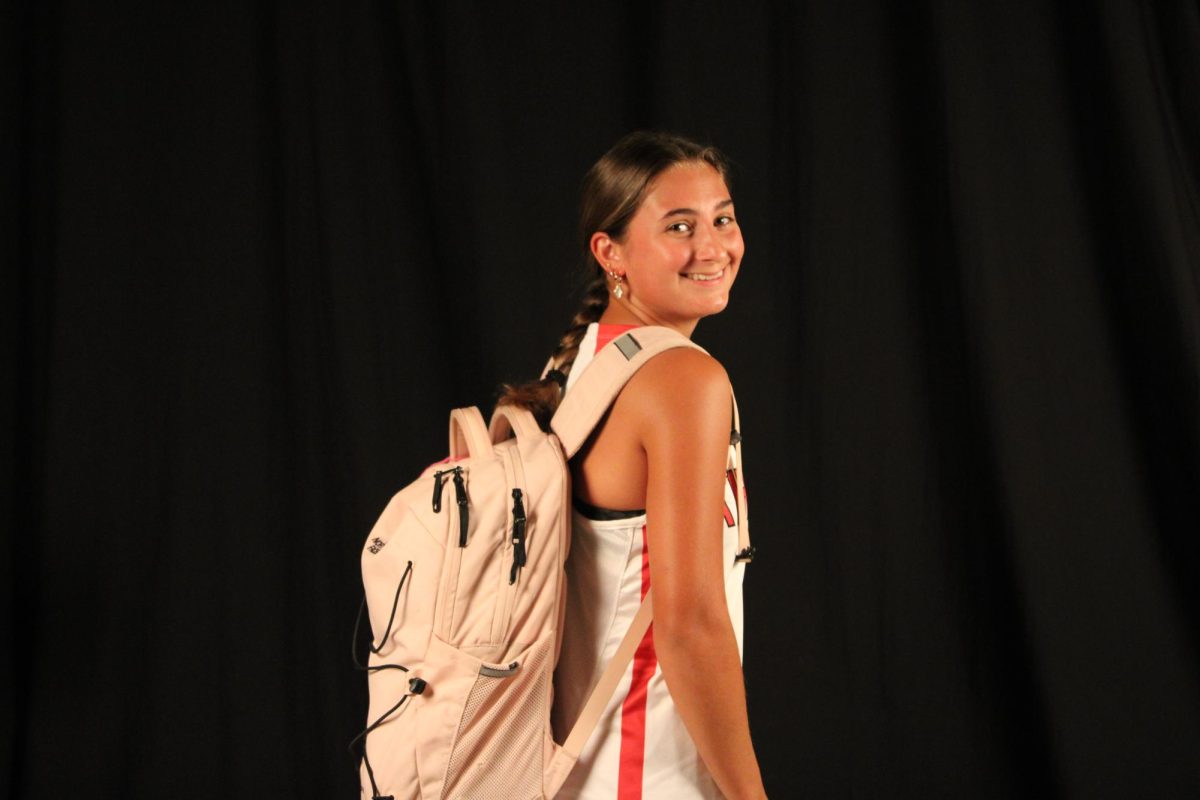
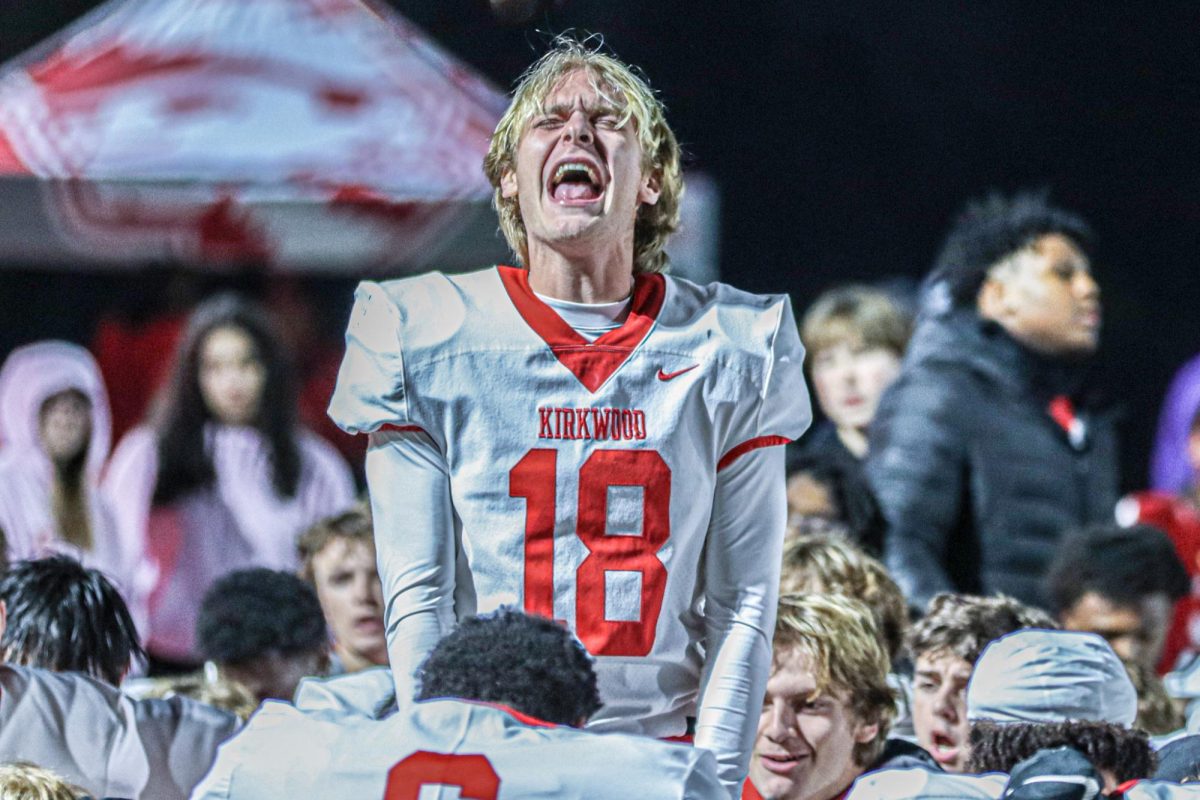
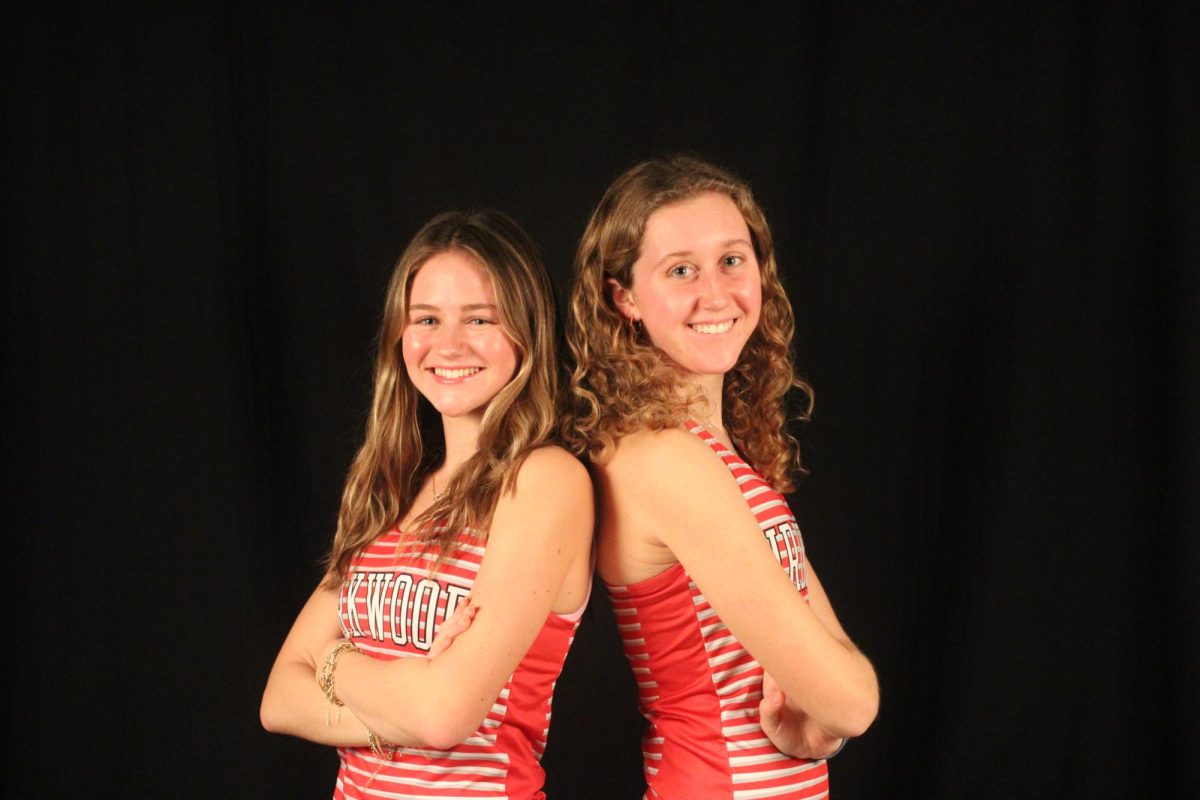

student • Mar 31, 2011 at 10:53 am
get off his back its a newspaper article for a high school. I personaly enjoyed reading it. Good job myles
khs student • Mar 7, 2011 at 11:38 am
Myles did a great job on this. There is no need to bash him for his writing. Why don’t you try writing for the school paper? I bet it is harder than it looks. If you are no interested in reading about pro sports, don’t read this article or take the time to comment.
Anushri • Feb 8, 2011 at 10:57 am
First, I’m sure parents don’t appreciate being called selfish, greedy, and impatient.
Second, you should not write in first-person point of view when writing a sports story because you lose credibility.
Third there is no need for you to write about a college sports issue with a high school publication, leave that to the professionals who are paid to do their job.